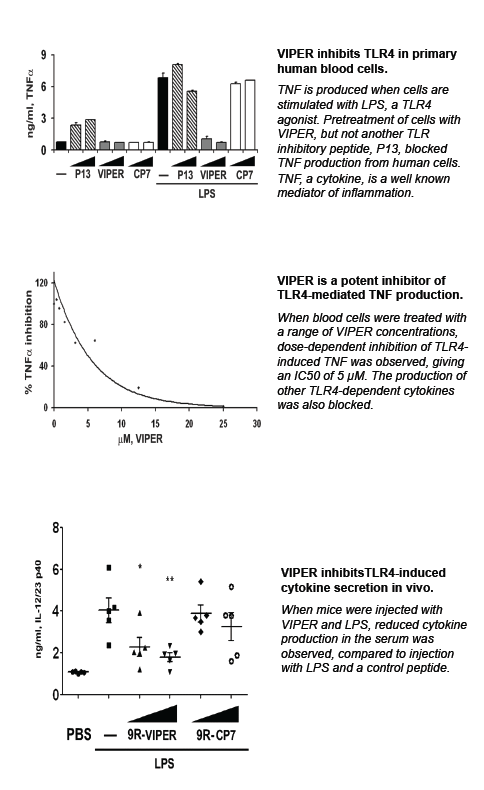
Cat. #154108
Vitiligo T Cell Line, Nonlesional
Cat. #: 154108
Unit size: 1x10^6 cells / vial
Availability: 3-4 weeks
Organism: Human
Disease: Vitiligo
Model: Primary line
£575.00
This fee is applicable only for non-profit organisations. If you are a for-profit organisation or a researcher working on commercially-sponsored academic research, you will need to contact our licensing team for a commercial use license.
Contributor
Inventor: Pranab K Das
Tool Details
*FOR RESEARCH USE ONLY (for other uses, please contact the licensing team)
- Name: Vitiligo T Cell Line, Nonlesional
- Research fields: Cell biology;Immunology
- Parental cell: Non-lesional skin of vitiligo patient
- Organism: Human
- Disease: Vitiligo
- Model: Primary line
- Conditional: No
- Description: Vitiligo is a long-term skin condition characterised by patches of the skin losing their pigment. The patches of skin affected become white and usually have sharp margins. The exact cause of vitiligo is unknown however it is believed to be due to genetic susceptibility that is triggered by an environmental factor such that an autoimmune disease occurs. High frequencies of melanocyte-reactive cytotoxic T cells in the peripheral blood of vitiligo patients and the observed correlation between peri-lesional T-cell infiltration and melanocyte loss in situ suggest the important role of cellular autoimmunity in the pathogenesis of this disease. Primary T-cells isolated from both the peri-lesional and non-lesional skin biopsis can be used as a research tool.
- Production details: T cell lines were generated from fresh skin biopsies. Biopsies were incubated in a 24 well plate coated with 10ÄÂ??g/well fibronectin to facilitate spontaneous migration of T cells from the biopsy into the Iscove's Modified Dulbecco Medium (IMDM) supplemented with 10% normal human serum, 1mM glutamine, 100U/ml penicillin and 100ÄÂ??g/ml streptomycin. After 5 days extravasated skin T cells were transferred to an uncoated 24 well plate and expanded by mitogenic stimulation with 0.05% PH...
Handling
- Format: Frozen
- Growth medium: Iscove's Modified Dulbecco Medium (IMDM) supplemented with 10% normal human serum, 1mM glutamine, 100U/ml penicillin and 100 ??g/ml streptomycin plus mitogenic stimulation with 0.05% PHA in the presence of irradiated allogeniec feeder cells consisting of PBMCs from two unrelated donors EBV transformed B cells and 10U/ml recombinant human IL-2 for 10 days.
- Unit size: 1x10^6 cells / vial
- Shipping conditions: Dry ice
References
- Wankowicz-Kalinska et al. 2003. Lab Invest. 83(5):683-95. PMID: 12746478.


